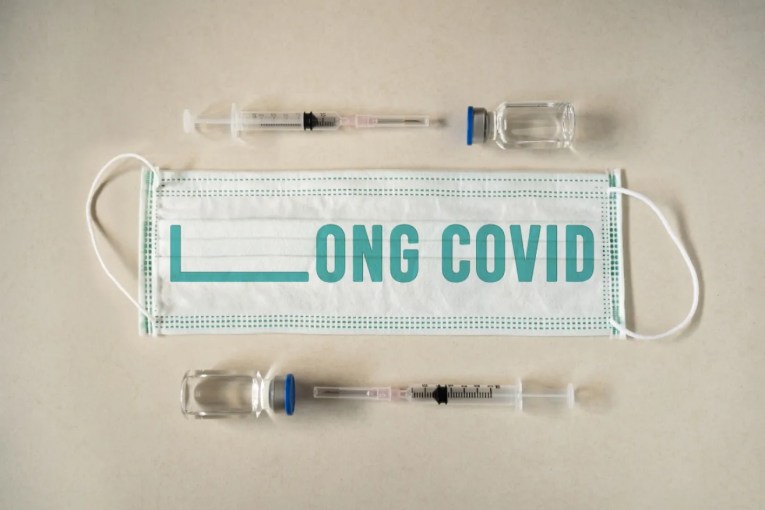Private companies take lead on national vaccination campaign


Australian sport stars Sam Kerr and Ash Barty would be ideal to lead vaccination campaigns, experts say. Photos: Getty
Private companies are choosing to run their own vaccination campaigns as the federal government’s rollout lags, but advertising experts say it still won’t be enough to make an impact.
On Tuesday, Nine released its advertisement to encourage Australians to get on board with the vaccination rollout.
The ad was divisive, with many commentators pointing out the media company had put up an all-white cast.
It comes as Qantas launches a vaccine incentive program, which will offer several deals including unlimited travel for a year for 10 winning families.
The NT News has also joined the fray, with a campaign encouraging Australians to “Just get The Damn Jab” running across its front pages.
Amid mounting pressure to do more to encourage mass sleeve roll-ups, the federal government has flagged it has a major campaign in the pipeline.
The current Commonwealth campaign, which has been running for six months and was expanded two weeks ago to target over-50s, has been criticised for being boring.
Epidemiologist at the Burnet Institute Professor Mike Toole told The New Daily it was good the private sector wanted to help boost vaccination rates, but they still weren’t hitting the mark in terms of diversity and engagement.
“The only two ads from the federal government have also just had a white doctor in a white coat and the other was a white nurse,” Professor Toole said.
“They were both boring. We need better communications and more creative communication and that should be led by the government, supported by the private sector.”
Vaccination campaigns with star power
Overseas, superstars like Elton John, Dolly Parton and Michael Caine are the faces of the vaccine.
The choice of cast was important because different celebrities would speak to different groups.
Studies had show younger women were more likely to be hesitant, so they needed to be targeted, he said.
“Young women like (tennis star) Ash Barty and (soccer player) Sam Kerr could be recruited,” Professor Toole said.
“Then there’s another group … fewer than 50 per cent of over-50s intend to get the AstraZeneca vaccine. They need different kinds of vaccine champions.
“It’s not as if we haven’t done it before. The anti-smoking ads, the safe driving ads, and earlier with the HIV pandemic. They were really high quality. We had creative advertising.”
Vaccination is so important, he said, because Australia will continue to face an outbreak every two to three weeks under the current hotel quarantine.
“We shouldn’t be relying on outbreaks to motivate people to get vaccinated,” Professor Toole said.
Getting the message right
Part of the reason Australia is yet to see a big advertisement campaign is that we just don’t have the vaccine supply to meet the demand an effective push could generate.
The federal government’s upcoming campaign – set to cost taxpayers $40 million – will start in July and ramp up as more vaccines arrive in the country later in the year.
Dr Lauren Rosewarne, an associate professor in public policy, social and political sciences from the University of Melbourne, said a national ad campaign should target key issues – like eligibility.
“I’m not sure how much urgency there is to spend money on a go-get-vaccinated campaign, as opposed to a campaign centred on explaining who’s eligible, how to easily organise it, and notably, clarifying some of the health concerns,” Dr Rosewarne told TND.
Corporations might be trying to look socially responsible, she added, but their campaigns too would ultimately miss the mark because they weren’t targeting their ads properly.
“The policy problem we’re trying to fix – the people who are unlikely to get vaccinated – are not people who will be influenced by some Channel Nine celebrities,” Dr Rosewarne said.
“You need to understand what their problem is; is it they don’t trust the science? It needs to be a message explaining that.
“Then there are people who need messages about blood clots. They need communication about how low the risk of the AstraZeneca shot is.
“If it’s because they think Bill Gates is putting a microchip in their arm, then that is almost impossible to counter.”
Right now companies in the US are scrambling over each other to endorse and help advertise the campaign, but at the end of the day the ones here are just filling a vacuum, Dr Rosewarne said.
“This is about companies trying to plug a gap because the government has failed to step up to the plate and wait for a proper communication strategy.”









